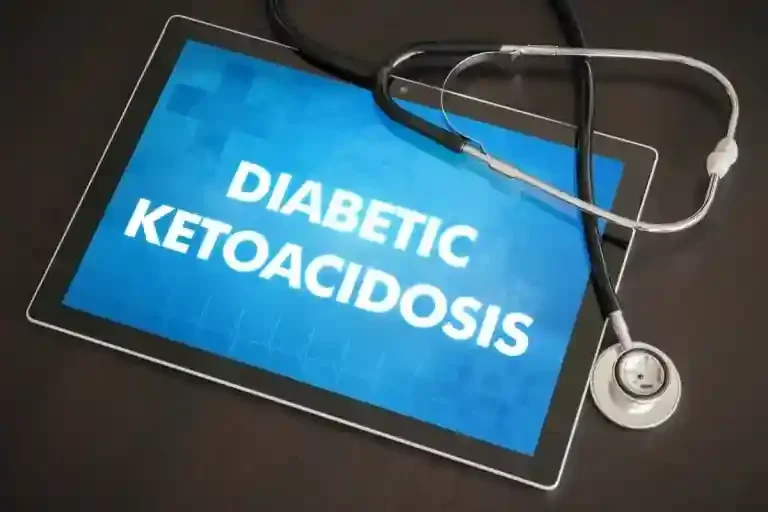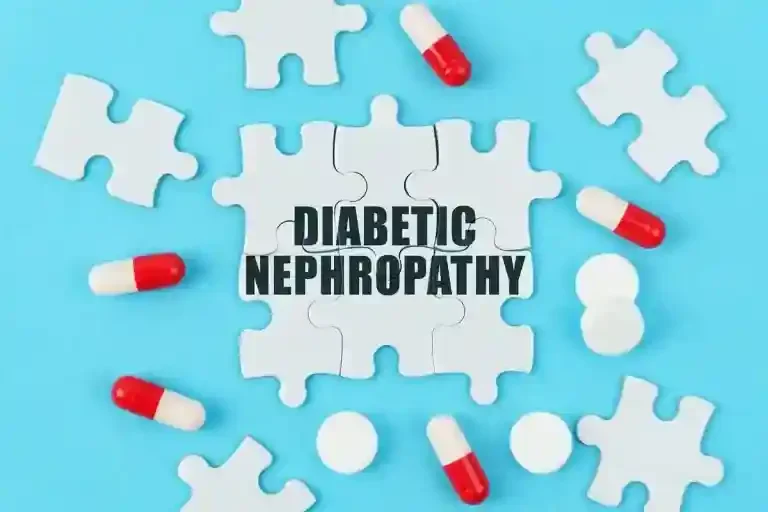Insulin is a kind of hormone that is secreted by the pancreas that allows glucose (which is formed when carbohydrate-containing foods are digested) to be transported from the bloodstream to cells so that energy can be produced. Diabetes refers to a chronic medical condition in which the pancreas is unable to produce the required amount of insulin or the body is unable to utilize insulin effectively.
Diabetes can manifest in various types, and the manner in which individuals manage the condition is contingent upon the type of diabetes they have. Not all types of diabetes are caused by obesity or a sedentary lifestyle, and some may be inherited from a young age. The most prevalent types of diabetes mellitus are type 1 & type 2, with Gestational diabetes.
Let’s go over the different types of diabetes, what causes them, how to treat them, and if it’s possible to prevent diabetes.
What are the Types of Diabetes?
Type 1 Diabetes
Type-1 diabetes, also called Juvenile Diabetes, is thought to be an autoimmune disease. It means that the immune system mistakenly damages the beta cells present in the pancreas that make insulin. If an individual has type 1 diabetes, they could be diagnosed as early as in their childhood. For Type-1 diabetes, there is no effective treatment. After being diagnosed, individuals living with this condition will require regular blood sugar monitoring, insulin administration, and lifestyle modifications to effectively manage their condition. Managing blood sugar levels effectively can help individuals living with Type-1 diabetes avoid serious complications.
Some common complications of Type 1 Diabetes include:
- Nerve damage
- Problems with the vision
- Ketoacidosis
- Increased risk of developing skin infections
- Kidney problems
- Occurrence of foot issues, such as numbness
- High blood pressure
- Cardiovascular disease
- Stroke
Symptoms of Type 1 Diabetes
Type 1 Diabetes can lead to the following signs and symptoms:
- Increase in thirst
- Increased appetite
- Increase in the urge to urinate
- Weight loss
- Tiredness and Fatigue
Treatment of types 1 Diabetes
Type 1 diabetes is primarily managed through the use of insulin, which must be administered daily to regulate blood glucose levels. It is imperative to monitor and regulate blood glucose levels on a regular basis to reduce the complications associated with diabetes. Doctors also advise to do the following:
- Consuming a nutritious diet
- Engaging in physical activity
- Managing blood pressure and cholesterol levels
- Maintaining good sleep habits
Type 2 Diabetes
Among the different types of Diabetes Mellitus, Type-2 diabetes is the most prevalent form of diabetes and is strongly associated with obesity. This type of diabetes begins as insulin resistance, in which the body is unable to utilize insulin effectively. The pancreas then produces more insulin until it is unable to meet the body’s demands. Subsequently, the production of insulin decreases, resulting in high blood sugar levels. This condition can affect any individual, including both children and adults.
Common risk factors for this type of diabetes include:
- Age 45 or above
- Being overweight or obesity
- Family history
- Sedentary Lifestyle
- Having pre-diabetes – a condition in which the blood sugar is higher than normal but not high enough to be diagnosed as Type-2 diabetes.
Symptoms of Type 2 Diabetes
Diabetes mellitus (also known as Type 2 diabetes) may present gradually over a period of several years. However, many individuals may not experience any symptoms. Consequently, individuals with any risk factors for Type 2 diabetes must undergo a blood test.
Treatment of Type 2 Diabetes
Diabetes can be managed from the comfort of one’s own home with the assistance of a healthcare professional. Additionally, certain individuals may be advised to take the required medications. A medical professional may be able to prescribe certain medications:
- Injectable insulin
- Oral diabetes medicines
- Other injectable medications
Patients with Type 2 diabetes require regular monitoring of their blood pressure, glucose levels, and cholesterol levels to manage their blood sugar levels and reduce the risk of complications.
Gestational Diabetes
During pregnancy, an individual’s insulin sensitivity decreases, leading to the development of gestational diabetes, a condition that occurs in approximately 2-10% of pregnancies annually. Those who are overweight at the time of pregnancy are at an increased risk of developing this condition. Gestational diabetes is the only form of diabetes that occurs during pregnancy and is most commonly diagnosed in individuals with pre-existing diabetes and a familial history of diabetes. 50% of women who are diagnosed with gestational diabetes develop Type-2 diabetes later in life.
Pregnant women might be at an increased risk of developing hypertension or high BP due to gestational diabetes. Additionally, gestational diabetes can lead to:
- Premature birth
- Increased birth weight
- Having low blood sugar in the baby can be a problem, but it usually goes away after a few days.
- It can also put the baby at a higher risk of getting type-2 diabetes in the future.
Symptoms of Type 3 Diabetes
For some women, gestational diabetes doesn’t cause any symptoms. The doctor will likely screen the women for gestational diabetes based on their medical history and other risk factors to determine if gestational diabetes will develop during pregnancy. Most women develop gestational diabetes around week 24 of pregnancy.
Treatment of Type 3 Diabetes
Most of the time, the only way for gestational diabetes treatment is to make some changes to your lifestyle. Such as:
- Monitoring blood sugar levels regularly
- Consuming a nutritious diet
- Engaging in physical activity
- Monitoring the health of the unborn child
If these changes don’t help keep the blood sugar in check, the doctor may need to give a shot of insulin, metformin, or other medications.
Prevention
It is not possible to stop all types of diabetes, specifically Type 1 diabetes, from occurring; however, individuals with pre-existing diabetes can reduce their risk of developing it by limiting their calorie intake and engaging in physical activity. There are several steps that can be taken to reduce the chances of developing diabetes;
- Eat a healthy and nutritious diet.
- Make sure to stay active – try to get at least 30 minutes of exercise every day.
- Try to reduce the stress levels.
- Cut down on alcohol and quit smoking.
- Make sure to get enough sleep and see a doctor if you are having trouble sleeping.
- Take all medications as directed by the doctor to help manage any existing health issues that could lead to heart disease.
Diabetes-related symptoms, such as an increase in thirst and urination, should be discussed with a healthcare provider if one has not yet been diagnosed. Getting diagnosed & treated as soon as possible can reduce the chances of any further serious complications.
The Diabetes and Endocrinology department at Wockhardt Hospitals has a team of top-notch endocrinologists who are experts in treating all types of diabetes. They provide top-notch diagnostic services and treatments to help patients recover from different types of diabetes mellitus.












